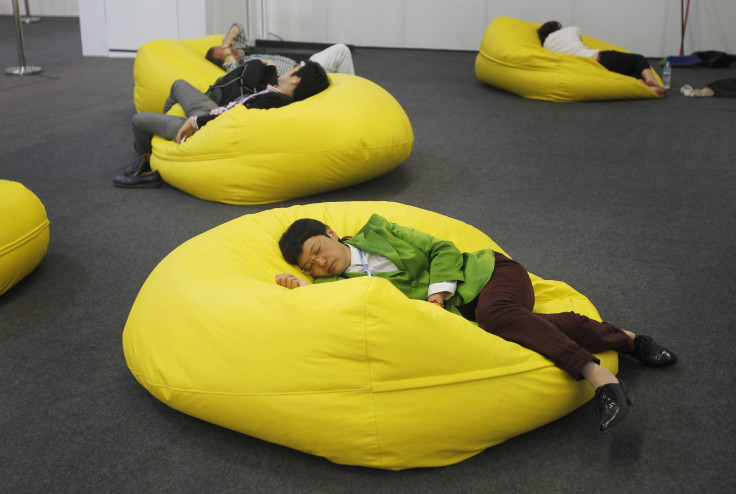Insomnia Linked To Hypertension

Trouble falling asleep may be associated with high blood pressure, a study from China indicates. Insomnia, with increased alertness during the day, or hyperarousal, is associated with increased chronic secretion of stress hormones like cortisol, which may lead to hypertension, according to the researchers Dr Xiangdong Tang of Sichuan University in China and Dr Alexandros N. Vgontzas of Penn State University College of Medicine.The research studied about 300 adults, including 200 chronic insomniacs who had had trouble sleeping for at least six months. They all spent one night at the Sleep Medicine Center of West China Hospital and were made to take a sleepiness/alertness test the following day.At night they were allowed to sleep as they normally would, in sound, light and temperature-controlled rooms. The next day, they were given four 20 minute nap opportunities throughout the day. The researchers measured how much time it took the subjects to fall asleep if they were able to do so. Researchers also took their blood pressure readings in the evenings and in the mornings.Normal sleepers were no more likely to have high blood pressure even if they took longer to fall asleep. Chronic insomniacs, on the other hand, were likely to have high blood pressure the longer they took to fall asleep, even after accounting for age, gender, weight and height, diabetes, and use of alcohol, caffeine and tobacco.Compared to normal sleepers who fell asleep quickly, people with insomnia who took more than 14 minutes to fall asleep during the day were three times more likely to have high blood pressure readings. People who fell asleep in less than 14 minutes, regardless of whether or not they had insomnia, did not have increased risk of high blood pressure. About half of insomniacs and a third of normal sleepers took more than 14 minutes to fall asleep during the day.The researchers said that blood pressure measurements should be repeated outside the doctor’s office during the day to confirm high blood pressure before diagnosing hypertension.To contact the writer, email: sonali.raj@gmail.com





















